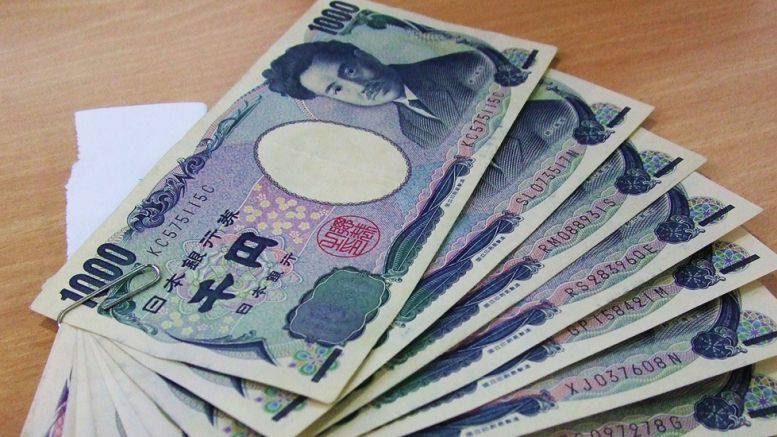
Japan Considers Regulating Virtual Currencies as Conventional Currency Equivalents
Japanese legislators officially proposed handling virtual currencies as methods of payment on February 23, Nikkei reports. This would mean that virtual money, such as Bitcoin, would become the regulatory equivalent of conventional currency. Legislators of the financial services industry believe that this move could potentially strengthen consumer....
Related News
Japanese regulators have proposed considering and treating virtual currencies like bitcoin as methods of payment and settlement similar to conventional fiat currencies. A report by Nikkei revealed that Japan’s Financial Services Agency (FSA) is considering legislative revisions that would recognize bitcoins and other digital currencies as equivalents to conventional currencies. The publication cites that the revisions see bitcoin as “fulfilling the functions of currency”. An excerpt from the publication reads: Under the FSA’s proposed definition, virtual currencies must serve as a medium....
UPDATE (24th February 3:35am BST): This piece has been updated with comment from Japan's Financial Services Agency. Regulators in Japan have reportedly proposed treating digital currencies like bitcoin as methods of payment, a distinction that would make them legally equivalent to conventional currencies in the country. According to a report by Nikkei, Japan’s Financial Services Agency (FSA) is considering whether to make revisions to legislation that would classify digital currencies as “fulfilling the functions of currency”. “They are now recognized as objects but are not treated on a....
The National Diet in Japan (the legislature consisting of the Lower House and the Upper House) is currently deliberating over bills to regulate bitcoin and other virtual currencies and a keenly contested bitcoin industry in Japan is watching closely. Following the debacle of the now-defunct bitcoin exchange Mt. Gox which collapsed in 2014, bitcoin as a currency had a PR problem, particularly in Japan. The government stepped in and sought to establish certain guidelines to regulate the cryptocurrency. Before regulation comes recognition and bitcoin is set to be seen as a currency, similar....
As a Japanese Cabinet-signed law recognizing virtual currencies like bitcoin as a legal method of payment goes into effect on April 1, bitcoin companies and adopters are short on answers about accounting standards specific to cryptocurrencies. In February 2016, Japan’s Financial Services Agency (FSA), the country’s financial regulator, looked into proposals to consider legislative revisions that would recognize bitcoin and digital currencies as equivalents to conventional currencies. The revision, if approved, would see bitcoin as “fulfilling the functions of [a] currency.” Come March, the....
The African country of Uganda may be regulating bitcoin and other virtual currencies shortly. According to a new report from the United Nations African Institute for the Prevention of Crime and the Treatment of Offenders (UNAFRI) the group is giving guidance on the regulation of virtual currencies within the region. Uganda’s Roundtable Discusses....





